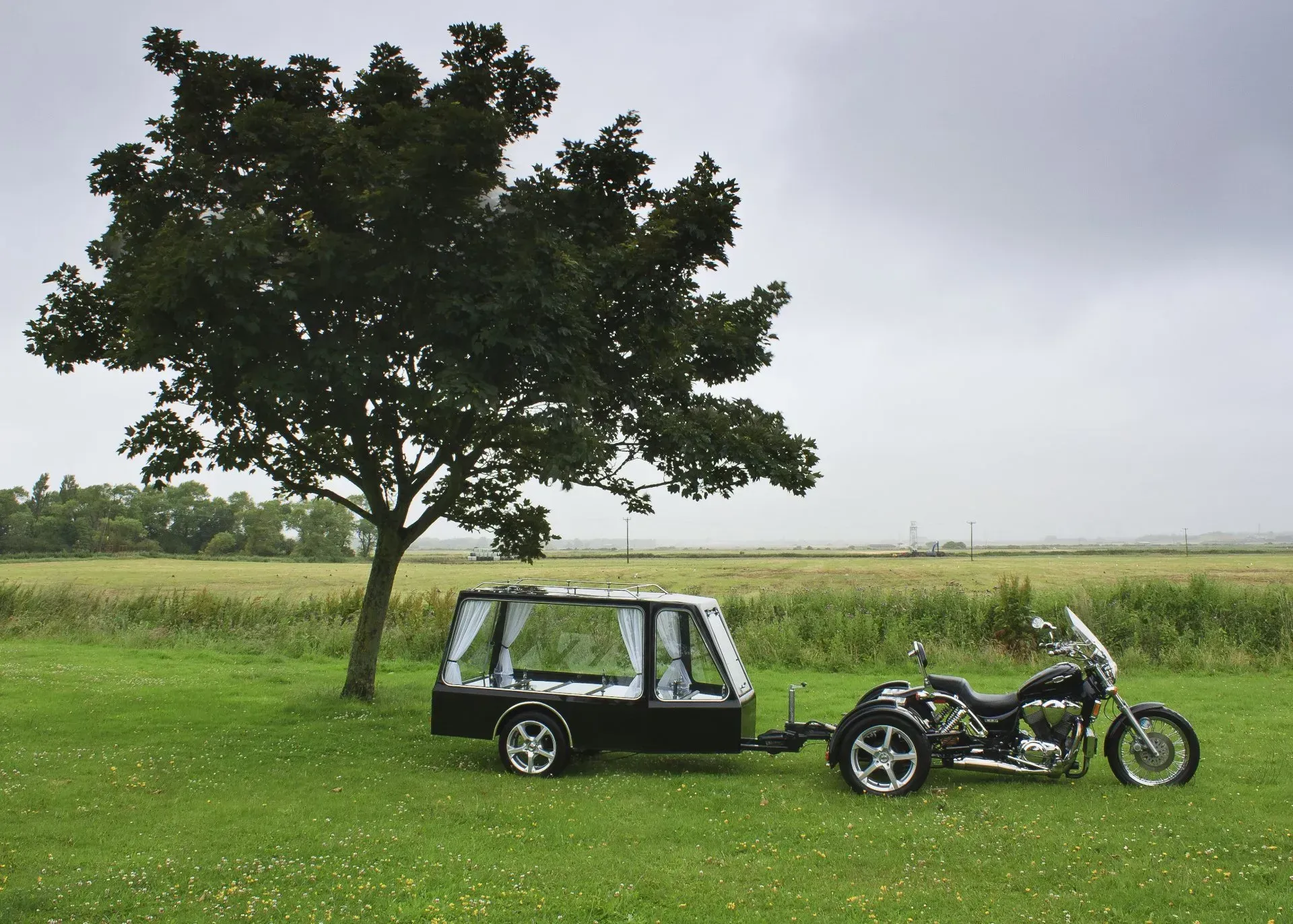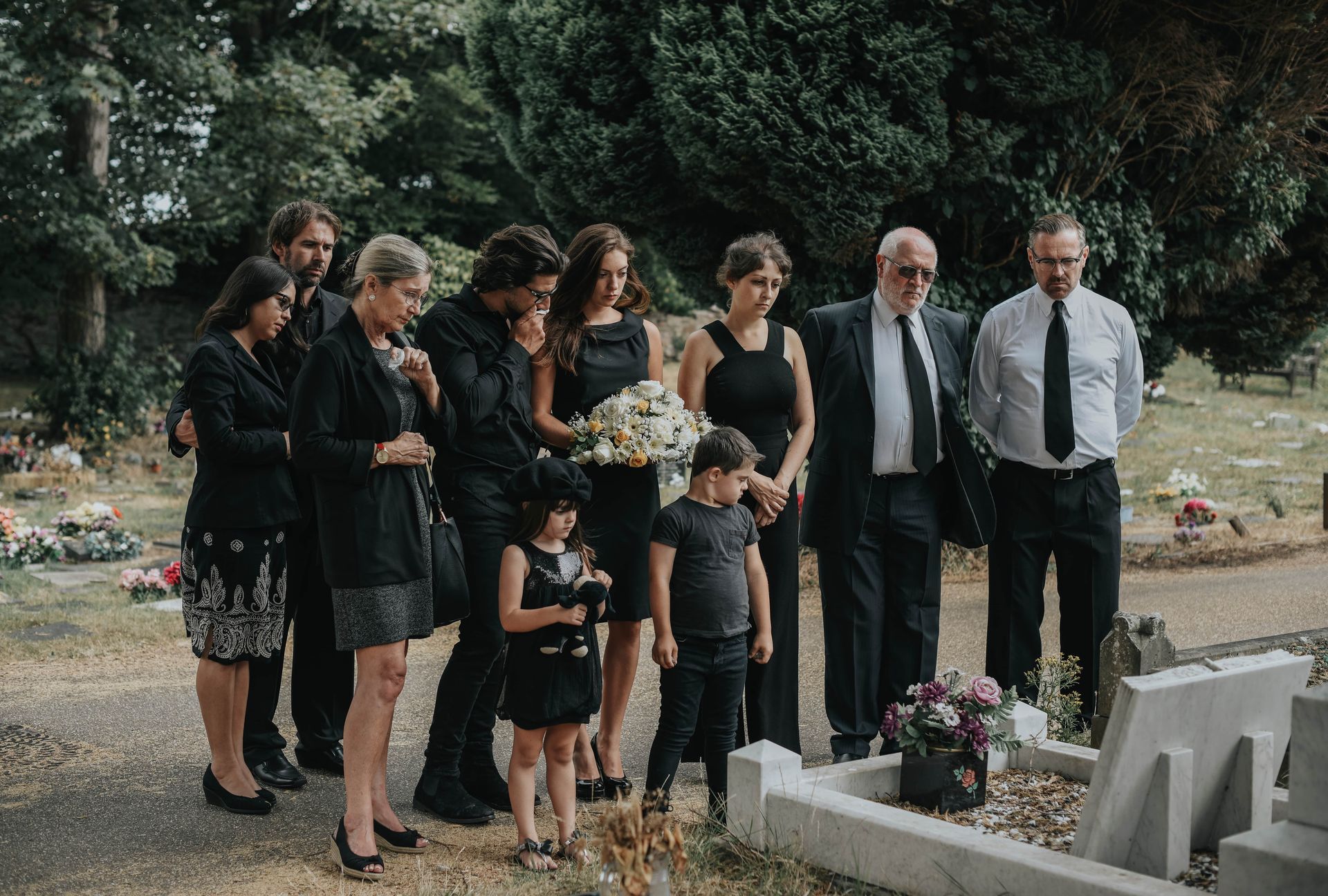What Happens to Your Pension When You Die
One important aspect to consider when planning for the future is what happens to your pension after you pass away. It can be a confusing topic, especially with various types of pensions and differing rules. Whether you are thinking about loved ones, ensuring your pension is not lost, or simply getting informed, it's essential to understand how your pension can be handled after death.
Types of Pensions and Their Treatment After Death
Defined Contribution Pensions
These are pensions where you save into a pot of money, which is invested on your behalf. When you pass away, what happens depends on your age at the time of death:
- If you die before 75: The pension pot can usually be passed on to your beneficiaries tax-free, whether they choose to take it as a lump sum or receive it as an income.
- If you die after 75: Your beneficiaries will still be able to inherit your pension, but they will be taxed at their usual rate of income tax on the amount they receive.
One key advantage of defined contribution pensions is the flexibility they offer in terms of who can inherit the funds. You can usually nominate beneficiaries (such as family members, a spouse, or a partner), ensuring that the pension goes to those you intend.
Defined Benefit Pensions (Final Salary Pensions)
These pensions work differently because they are based on your salary and the number of years you have worked for a company, rather than a pot of money. If you die, the situation varies depending on the scheme, but generally:
- For spouses or dependents: Most defined benefit pensions will provide a reduced pension to a spouse, partner, or dependent after you pass away. The specific amount will depend on the rules of the pension scheme, but it is typically a percentage of your pension entitlement.
- If there is no spouse or dependent: Some defined benefit pensions may not offer much in the way of benefits after death if there is no surviving spouse or dependent. In this case, the pension may end.

State Pension
Upon death, the State Pension doesn't continue for most people. However, there are some circumstances in which a surviving spouse or civil partner may inherit or increase their State Pension based on the deceased's National Insurance contributions. This is more likely to apply to older pensions under the "Basic State Pension" system rather than the newer "New State Pension."
Nominating Beneficiaries
For personal or workplace pensions, it’s crucial to nominate a beneficiary or beneficiaries to ensure your pension is passed on according to your wishes. This can be done through your pension provider, and it's important to keep this up to date as life changes, such as getting married or divorced, may impact your decision.
Pensions and Inheritance Tax
Pensions generally fall outside of your estate for inheritance tax purposes, which means that they aren’t typically subject to this tax. However, there are some exceptions, and it's always worth seeking financial advice to ensure everything is handled appropriately for your situation.
What Should You Do Next?
It's a good idea to review your pension plans and make sure your beneficiaries are up to date. If you have multiple pension pots, you may also want to consider consolidating them for easier management. Additionally, discussing your options with a financial adviser can ensure that your pension is passed on in the most tax-efficient and effective way for your family and loved ones.
At FP Gaunt & Sons, we understand the importance of planning ahead. If you have any questions or need guidance on estate planning and how your pension could be handled after you pass away, feel free to get in touch with our team. We're here to provide support and help you make informed decisions for your future.












